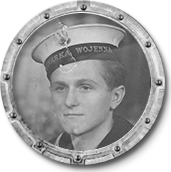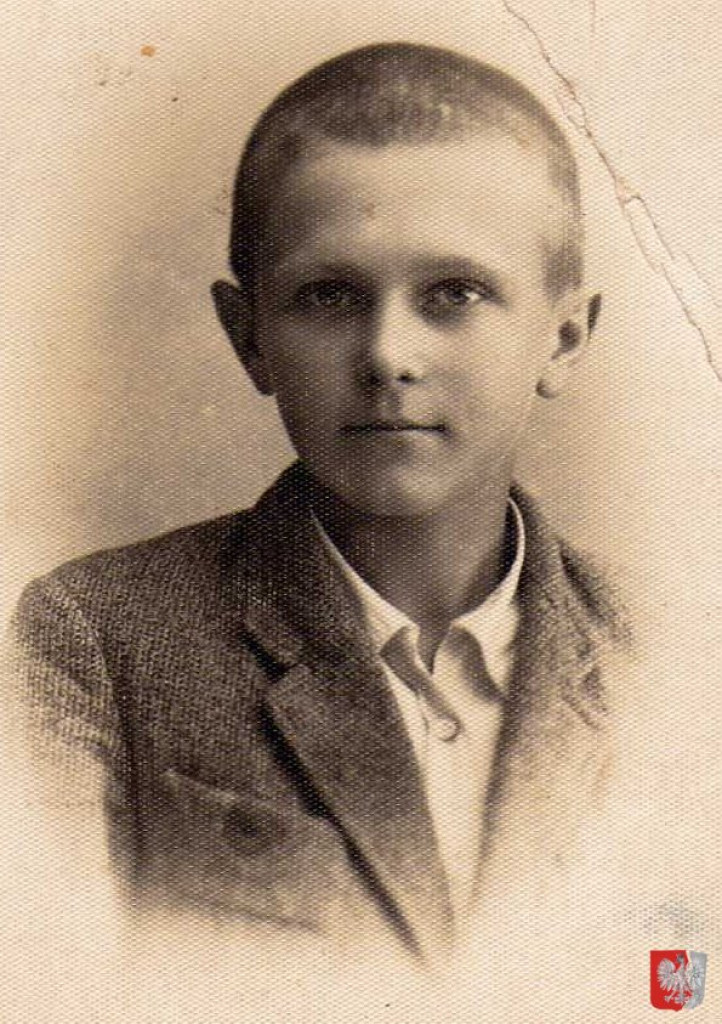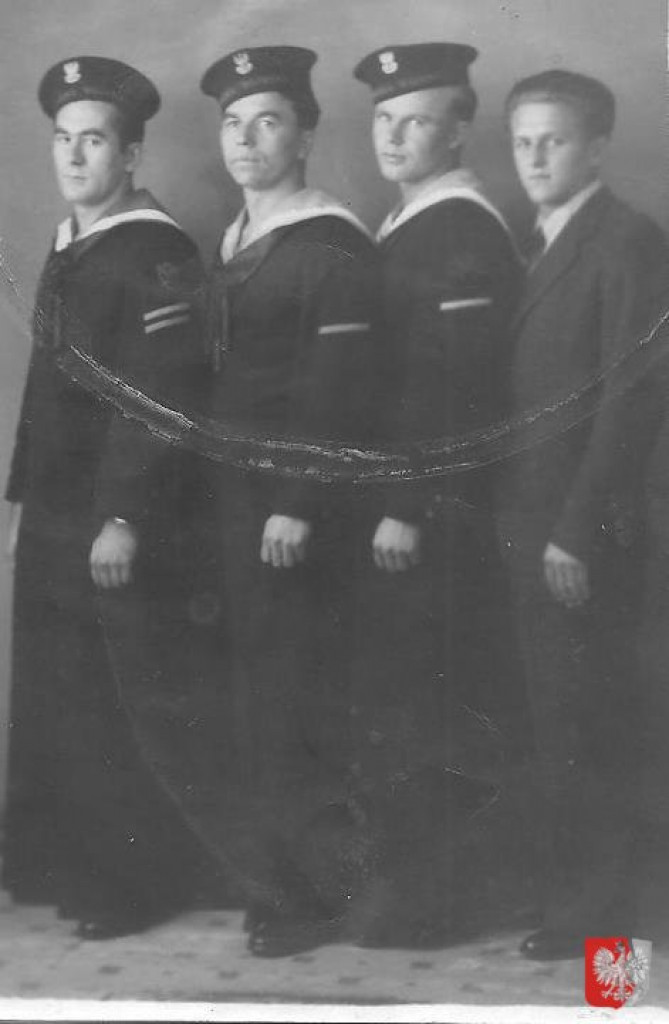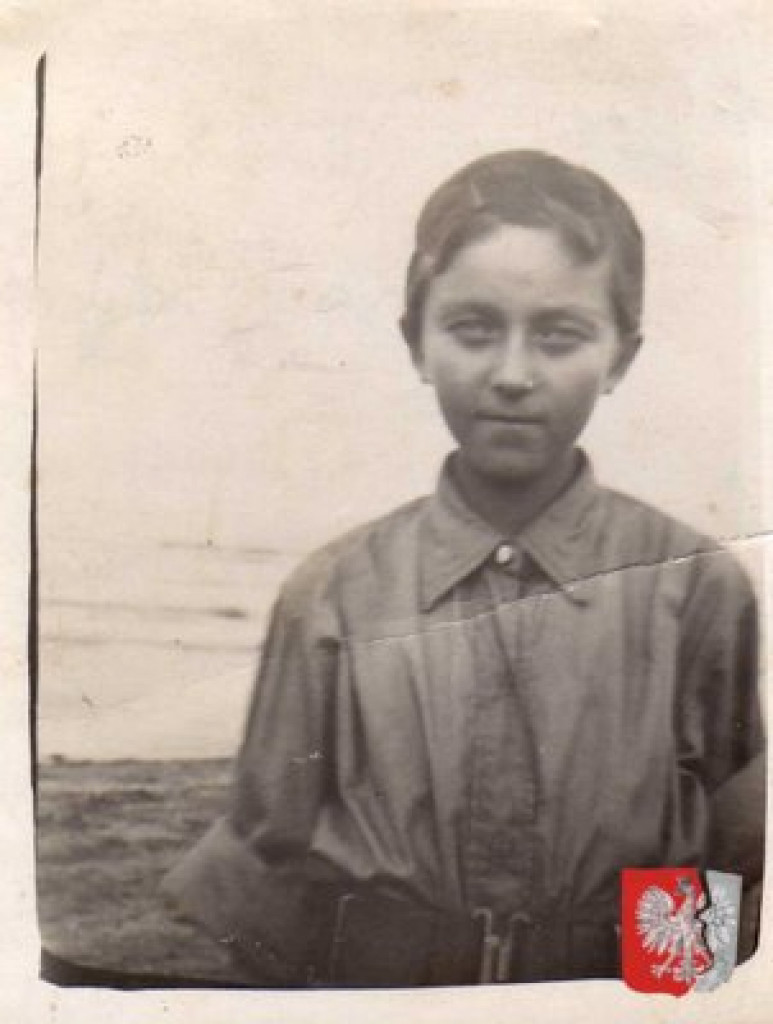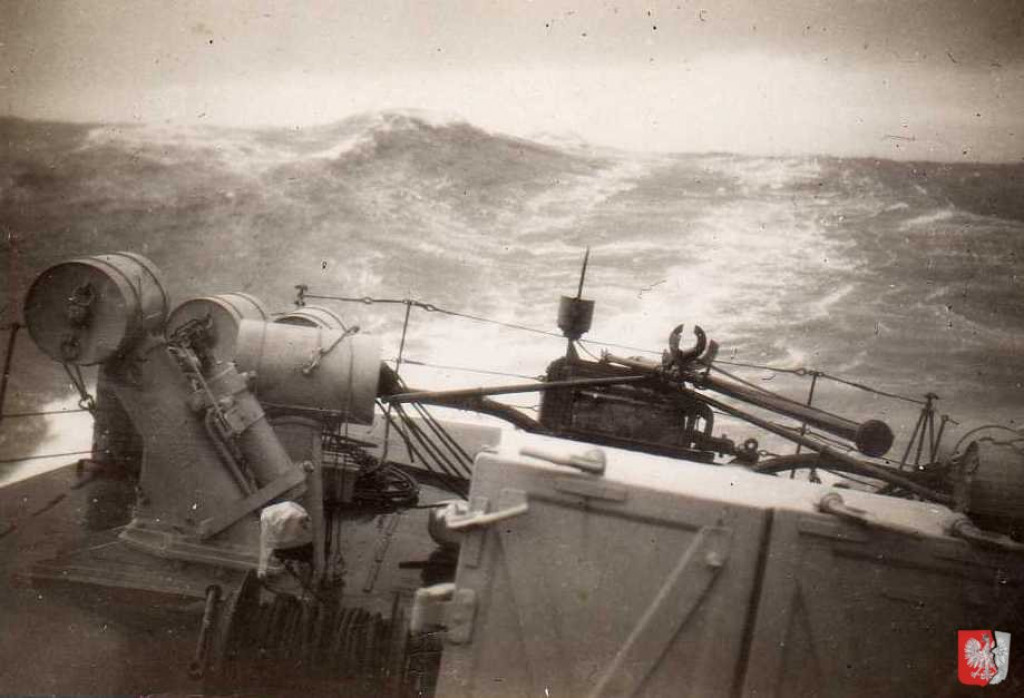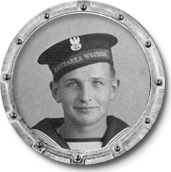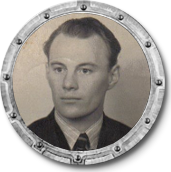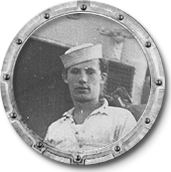
Polish Naval Memories of WWII
As it turned out this was the last Christmas they spent together as a whole family.Following the Soviet invasion of Eastern Poland on 17th September 1939, Jan was deported to Siberia. He escaped with the Polish Army in the East, under General Anders, following the “Amnesty” and enlisted for the Polish Navy….On the night of 5th June 1944 Danka woke up from her sleep in her Polish dormitory in Rehovets, Palestine (where she was a refugee also having escaped from exile in the USSR) with a panic and fear. She thought “Janek is in trouble. He’s facing grave danger.” She couldn’t explain her feeling nor had she had such a strong inexplicable feeling since the incident of Christmas 1938. This was the night that the Polish Navy set sail with their Allied colleagues from England to Normandy for the D Day landings.
Everyone knew an invasion of western Europe was imminent but no one knew the date as it, and the invasion place, were of such strategic importance to the outcome of the war that it was totally secret.
Naval support for D-Day invasion of France, 6th June
In March 1944 Jan was transferred from ORP Krakowiak to ORP Śłazak because of a shortage of radar operators, and the crew prepared for the invasion for a few weeks in Portsmouth. Radar was useful to spot airplanes but nearer the shore it became ineffective.
Operation Neptune was the name for allied naval support for Operation Overlord, the invasion of France. Both Jan’s previous ship, the Krakowiak, and the Śłazak took part. During Operation Neptune OPR Śłazak attacked the enemy shore batteries, fighting with MTB’s, aircraft, and supporting landing crafts by gun-fire.
The ship left over night to Normandy, first in line, leading the ships with the landing crafts.
About 6am on 6th June the Śłazak, Commanding Officer, R. Tymiński, in the sector S/Sword, which was with landing crafts, opened fire against the first lines of German shore defences together with British destroyers. Ahead of the landing crafts were motor barges with 127 mm rockets shelling the beaches from short distances.
Thanks to the artillery support of Śłazak in this sector the Germans were forced to withdraw and the C.O. of the Canadian Marines ashore sent a signal to the Polish ship:
‘I think you saved our bacon. Thank You. Stand by to do it again.’
That afternoon Śłazak received another message of appreciation for effective fire against the German defenders: ‘Śłazak – fine work!’
For the next two days Śłazak and Krakowiak supported with artillery fire the Allied troops ashore instructed by air and land observers who were correcting shell accuracy by radio signals.
Source: Martin Stępek
